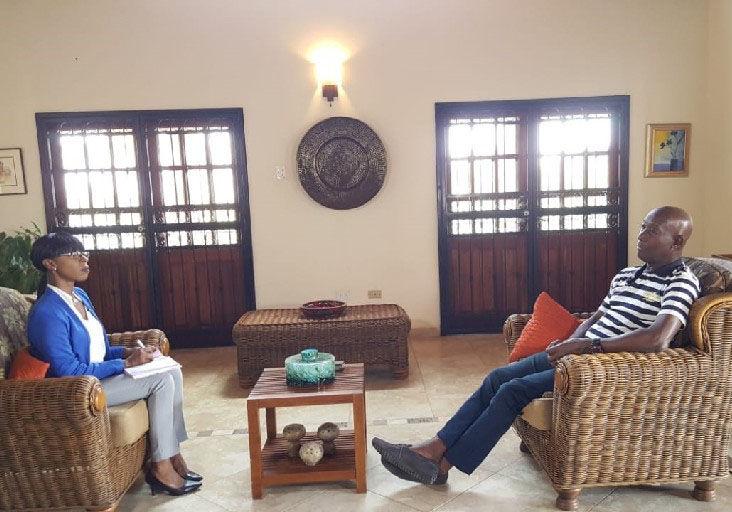(Trinidad Express) The current shutdown of nonessential businesses and other restrictions to limit the spread of COVID-19 can “possibly” be extended beyond April 15.
So said Prime Minister Dr Keith Rowley on Friday as he lamented that Trinidad and Tobago’s COVID-19 situation is expected to worsen in the coming weeks.
“We expect things to change, not for the better. Because the way this thing is going to go, a very small amount of people, hopefully, would succumb, but hopefully, the majority will overcome it and that is what we are seeing. But every time we lose a life, it reminds us of how serious the situation is,” Rowley told CCN TV6 journalist Elizabeth Williams during an interview in Mason Hall, Tobago.
Rowley is in Tobago where he attended the funeral for his brother on Thursday.
Assessment before April 15
Asked if this meant an extension of the current restrictions, he responded: “I don’t want to definitively speak to that now and disturb the equilibrium that we’re working on, but as I said earlier on, we will assess it well before the 15th and be able to determine whether there is to be an extension or whether any other approach is to be institutionalised, but it is quite likely, given the lifespan of the challenge, that by the 15th, we wouldn’t have got far enough to be confident that we don’t need these restrictions.
“An extension is possible, but we will do that not by any whim or fancy or fashion but based on the proper technical and scientific advice of the government’s advisers who are the healthcare givers and the experts in public health care.”
Rowley said though he was stressed out by T&T’s increasing COVID-19 figures, he had overcome those emotions and kept a clear head.
“And for me, personally, it is very stressful because I am directly involved in the decision-making process. I am also, as a citizen, exposed to the outcome. I have family, friends and communities that are involved. So it is an all-encompassing thing. It is an unusual kind of situation where the decisions are certainly affecting everybody,” he said.
“Most decisions you make in Government affect most people. This is one particular decision where it is in front of you and every single citizen is required now, this minute, to be a part of it, and that is where the stress comes in,” he explained.
Rowley went on: “And for those people who are not co-operating, you are living with this fear that if the best chance we have is for 100 per cent co-operation, for every per cent that is not co-operating, it’s like something terrible is going to happen because of this. So we’re focusing on those who are not cooperating.”
Asked if stricter measures will be enforced to ensure people comply with stay-at-home regulations, Rowley said if government has to do so, it will.
“But I still believe that the approach of firm persuasion is what is going to work and it has been working,” he said.






